Your pain levels are lowered
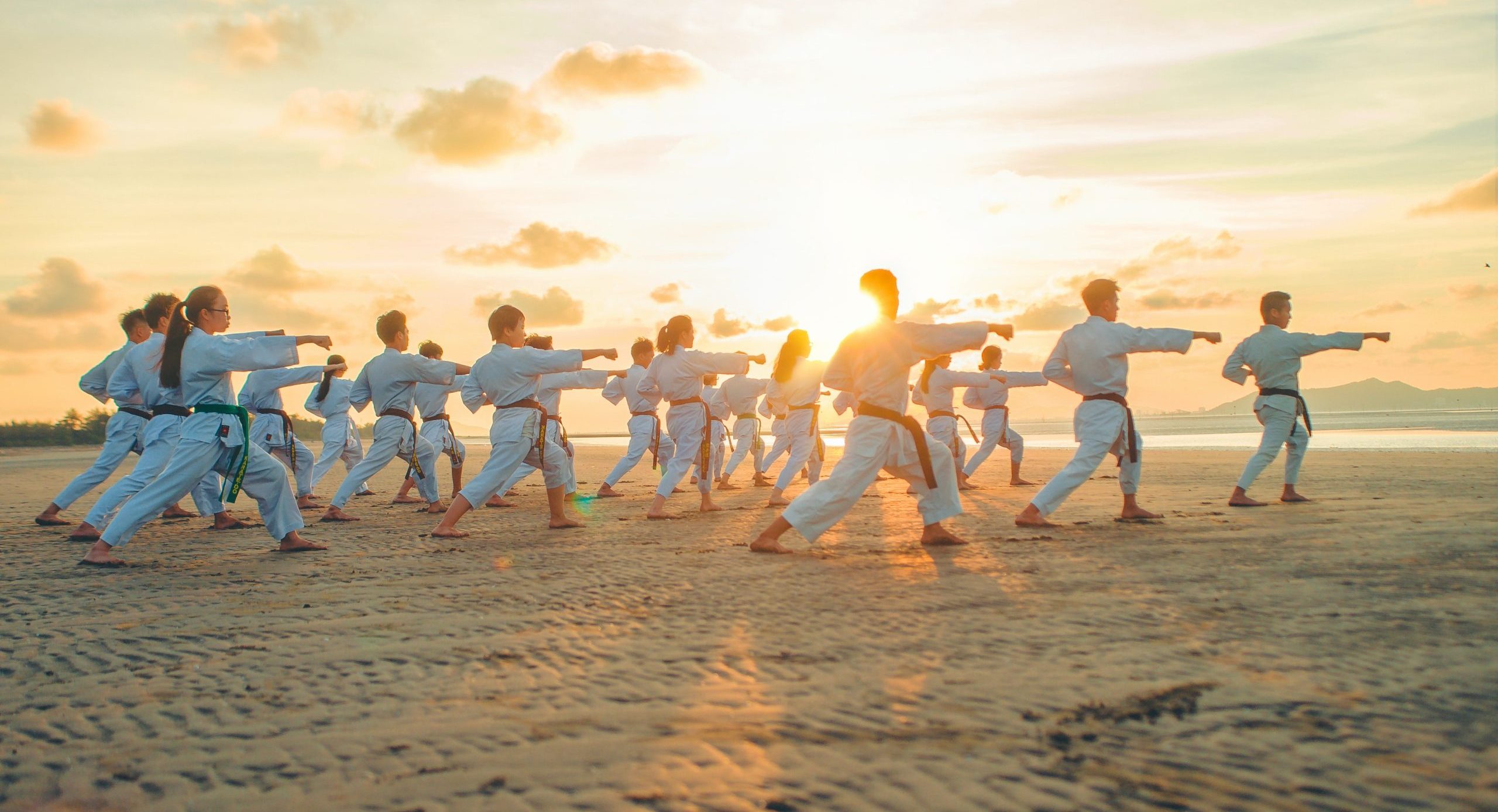
Tai Chi’s focus on slow, consistent movements and a present, calm mindset means it is perfectly positioned to treat both physical and psychic discomfort. One study concluded that Tai Chi was a valuable treatment for both musculoskeletal pain and post-traumatic stress disorder, with participants who did 12 weeks of the activity reporting more dramatic symptom improvement than those who did traditional aerobic exercise.
Your immune system gets a boost

One lesser-known benefit of Tai Chi and related disciplines like Qigong is that consistent practice is associated with improved immune function. One research review in the American Journal of Health Promotion noted higher numbers of immune-related blood markers in those who regularly partook in Tai Chi, as well as higher T-cell and antibody numbers after vaccinations, indicating a stronger immune system.
Your mood improves
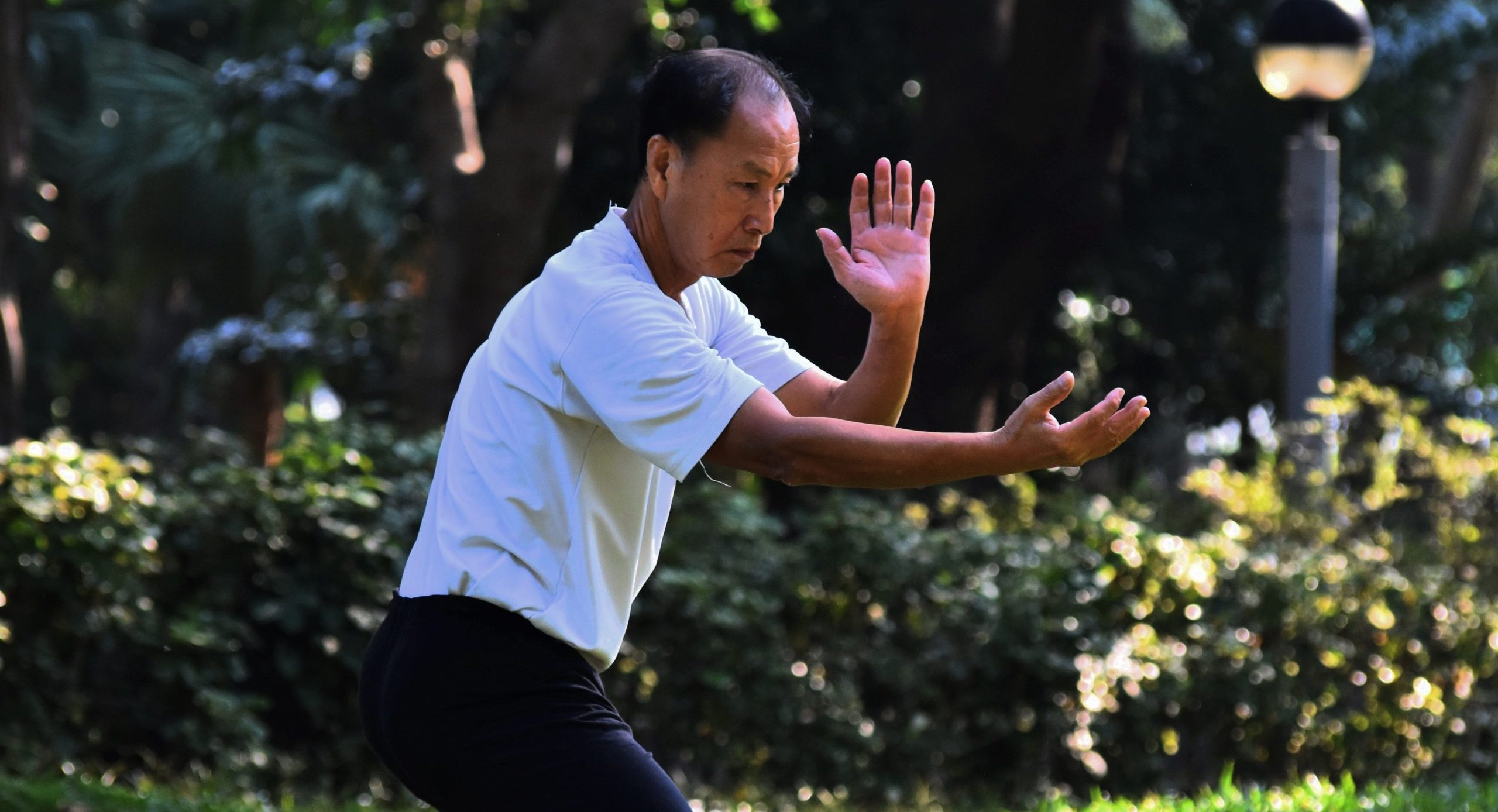
All exercise has the potential to have mood-boosting benefits, but Tai Chi’s focus on slow, deliberate movements and a meditative state of mind means it’s particularly effective at reducing feelings of stress, depression and anxiety. Studies have consistently shown that, when used in conjunction with other tools like therapy, Tai Chi can boost a mental health plan’s efficacy significantly.
You sleep more consistently

Many people turn to intense forms of exercise to help them sleep better, because they believe that absolutely exhausting themselves in the gym is the only guaranteed way to catch some z’s. However, studies have shown that this can lead to spiked cortisol levels and interrupted snoozing, whereas gentler exercises like Tai Chi are correlated with less disturbed and more consistent sleep.
Your cognition speed ramps up
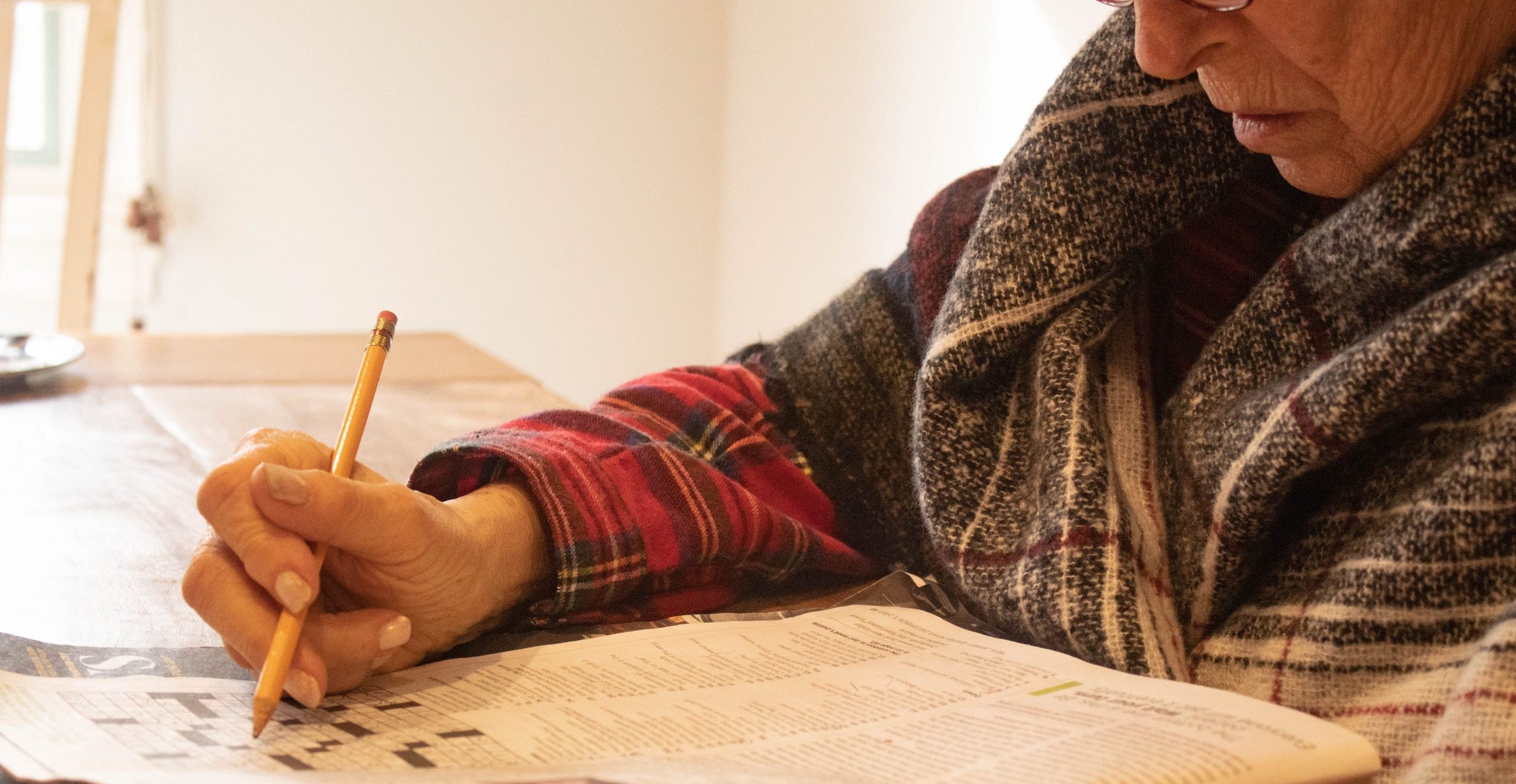
It might seem too good to be true that a weekly dose of Tai Chi could help you with your nightly crossword habit, but that’s exactly what the research seems to imply. A meta-analysis of 11 different studies showed that engaging in Tai Chi specifically led to improved cognitive function in older adults, whether or not they had any kind of age-related cognitive impairment.
You get fewer fractures
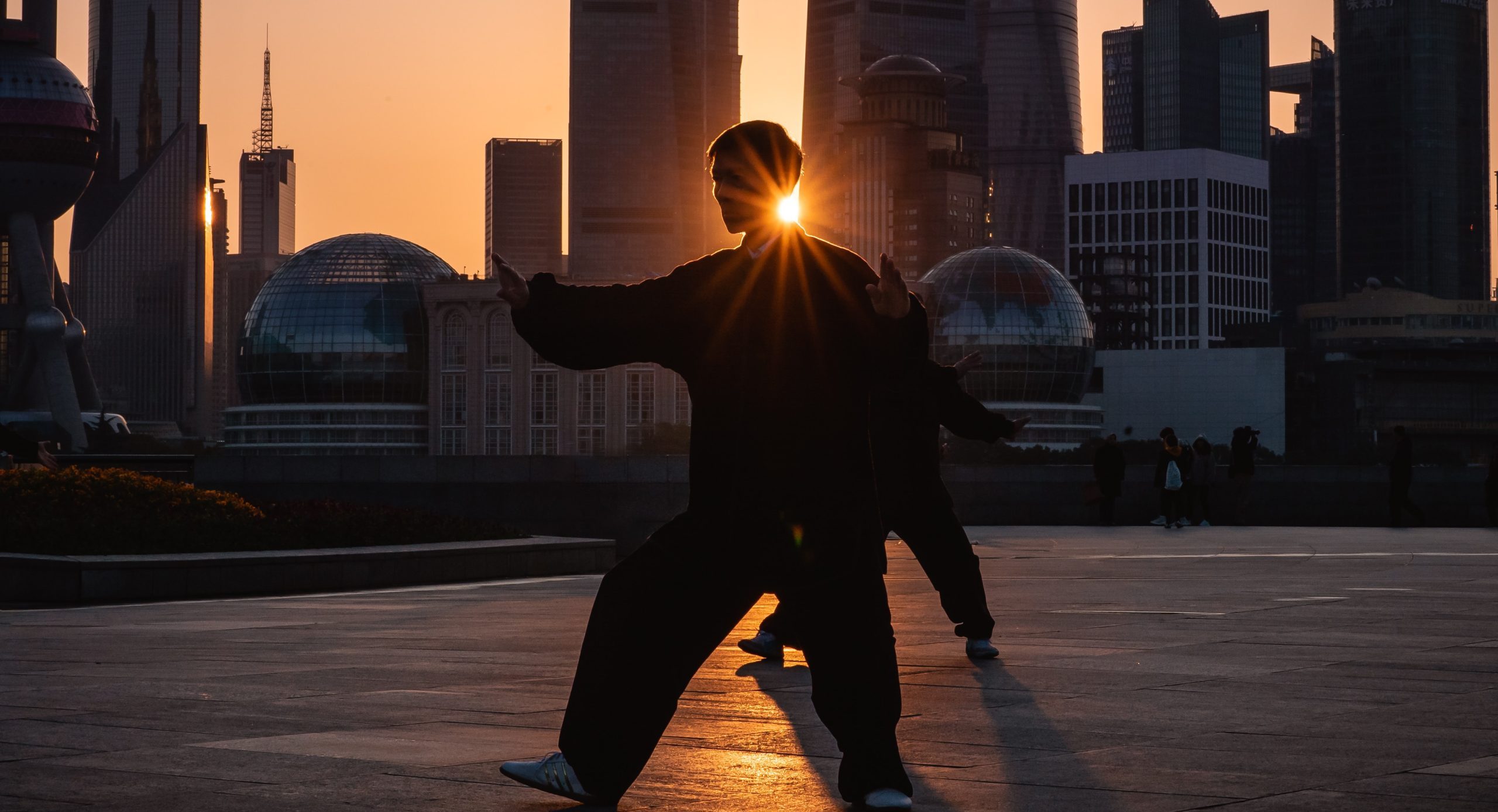
As people age, it is normal for their bones to become less dense and more brittle, which comes with its own cluster of health challenges. However, Tai Chi may offer one strategy for treating this, as one research trial showed that women who suffered from osteogenesis but who practised Tai Chi for nine months experienced improved postural control, bone density and bone formation markers.
Your heart health improves
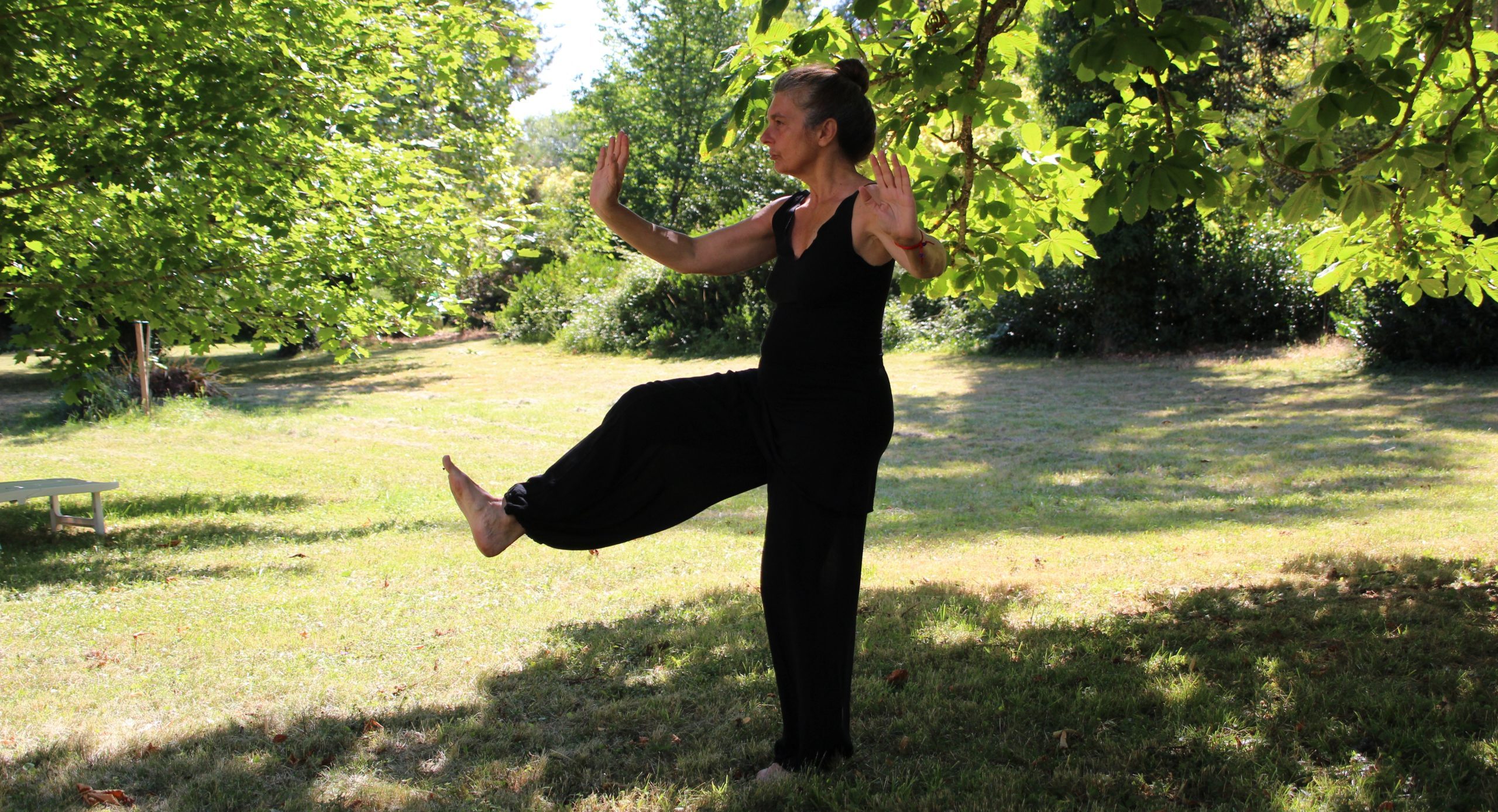
Tai Chi offers a more low-impact and less intense workout than many other forms of exercise, but don’t assume that means it can’t have a dramatic effect on your health. Studies have consistently shown that training in Tai Chi regularly can alleviate hypertension, lower blood pressure and improve cardiovascular health, making it a great all-round option for those looking to care for their heart.
You’ll be less fatigued

For such a measured and mellow activity, Tai Chi can actually have a surprisingly radical impact on your energy levels throughout the day. Owing to its ability to restore balance to the autonomic nervous system, regular Tai Chi can reduce general, physical and even emotional fatigue, while boosting energy levels, alertness and motivation.
You fall less often
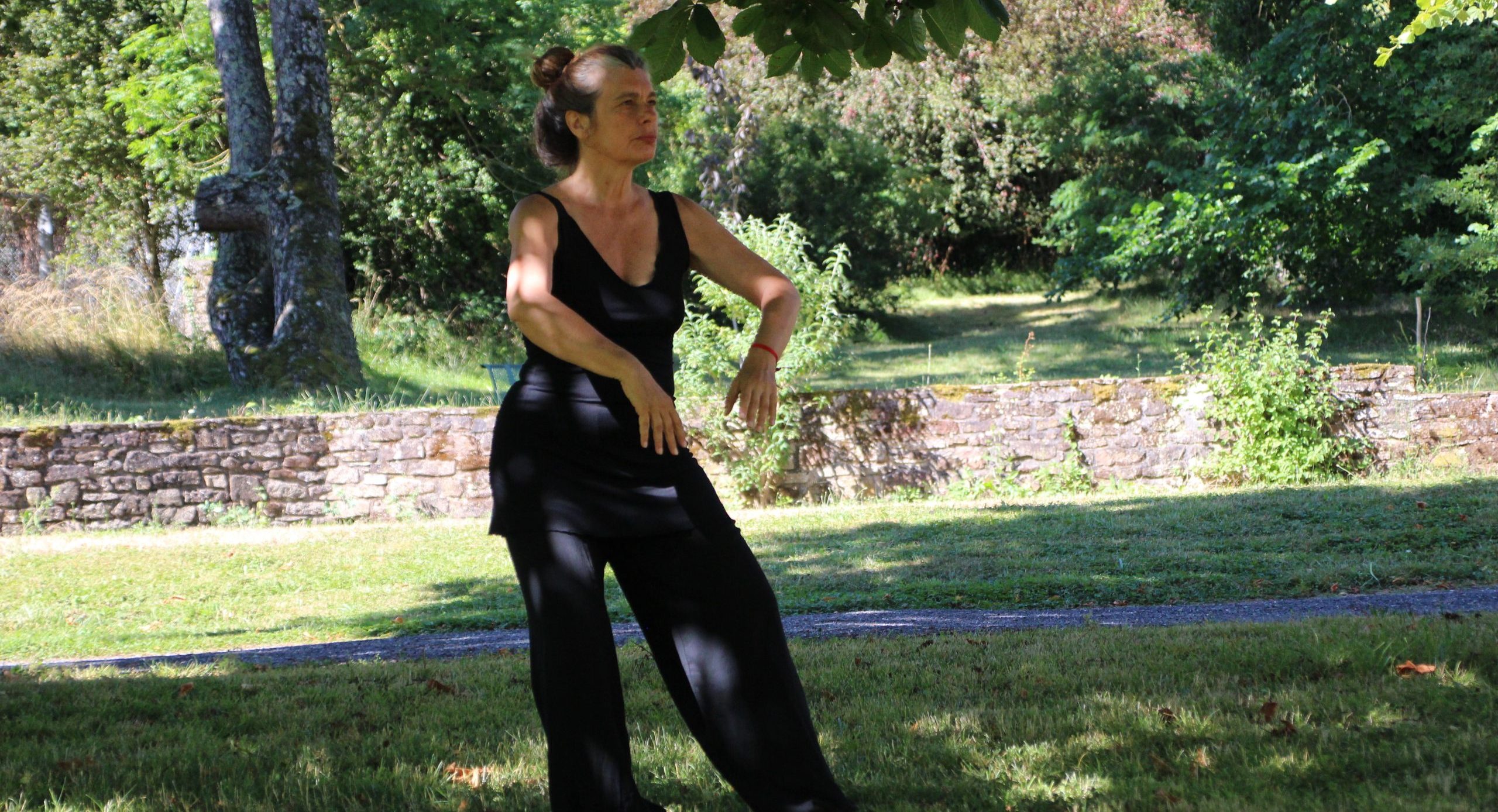
The focus of Tai Chi on deliberate movement means it’s an excellent option for those wanting to improve their balance, mobility and muscle strength. Cumulatively, developing all these skills can increase your ability to avoid falls and injuries in later life. In one study, just six weeks of Tai Chi was associated with improved leg strength, confidence, functioning and stability overall.
You lose weight
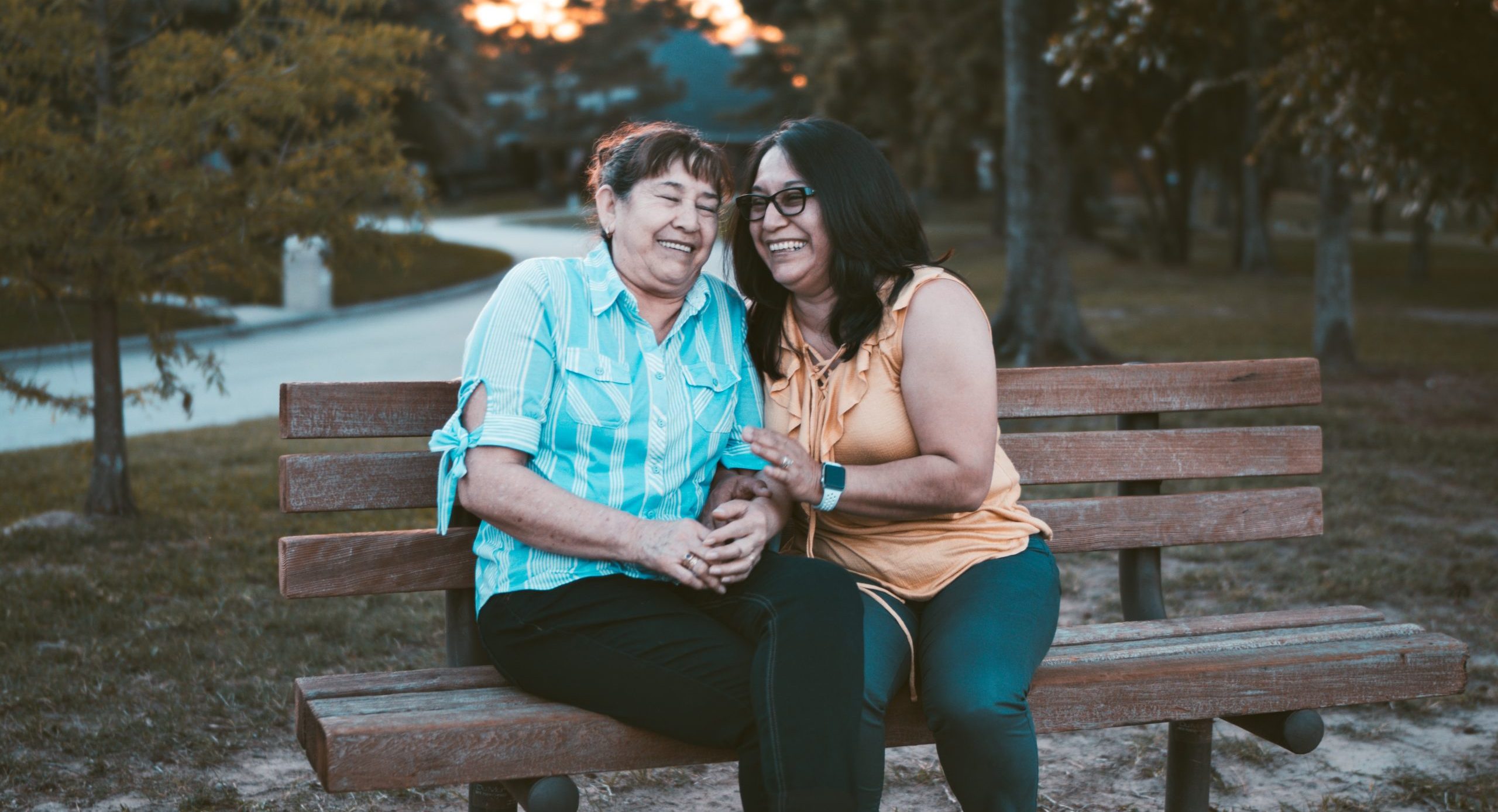
Contrary to popular belief, participating in large amounts of high-intensity aerobic exercise isn’t the only way to lose weight. If you prefer gentler workouts, regular Tai Chi has been shown to reduce waist circumference, body mass and cholesterol levels in adults over 50 at the same rate as brisk walking and light strength training. So ditch the gym and head to a park near you!